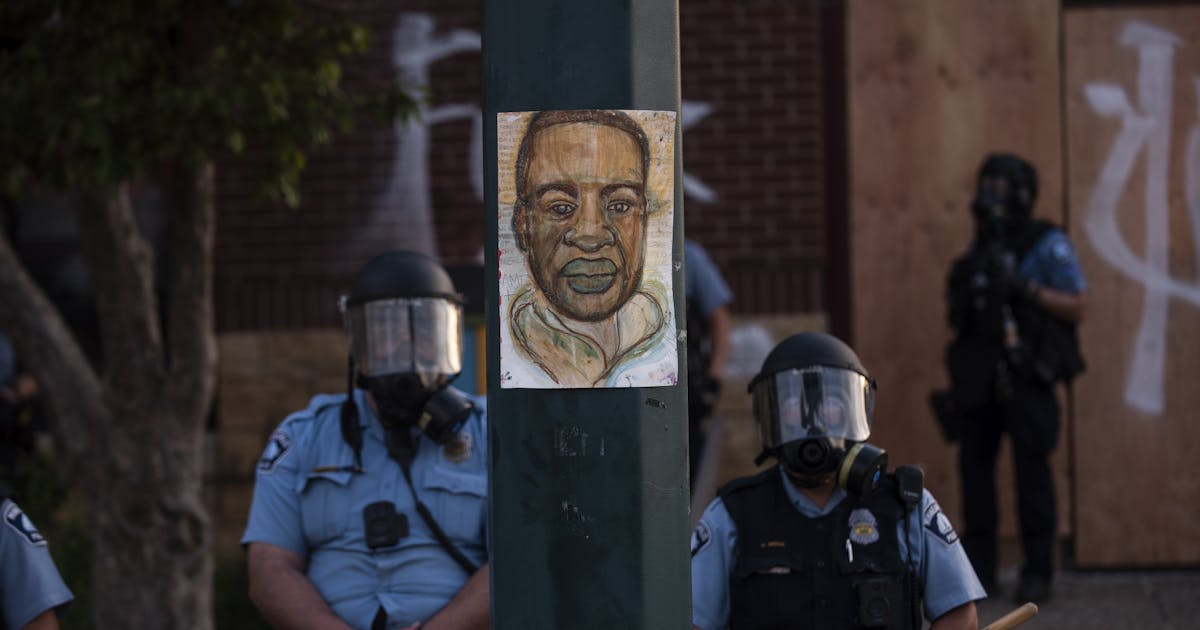
In the fiery wake of the protests that racked the city in May 2020, this idea met the rage of the moment. After experiencing years of significant and sustained pressure, the nine City Council members assembled on the stage were ready to heed activists’ call. There was only one problem: The council did not have the power to “end” the MPD on its own. The MPD was a protected department, written into the city charter. The city charter also stipulated that the MPD must maintain a minimum number of officers—1.7 sworn officers per every 1,000 residents, a provision the officers’ federation won back in 1961.
Not only did the charter require this number of officers, it also gave “complete power over the establishment, maintenance, and command of the police department” to the mayor. And Mayor Jacob Frey made it clear that he did not support abolishing the police, despite the boos and cries of “shame” from activists at his doorstep. Faced with the mayor’s opposition and the constraints of the charter, the organizers and City Council members moved to change the city charter through a ballot initiative—first in 2020 (an attempt blocked by the Charter Commission) and again in 2021.
By 2021, however, another kind of dismantling was underway: Officers had begun to abandon the department. They exited first using medical leave, often with claims for post-traumatic stress disorder related to the unrest. The department was authorized by the city budget to have a sworn officer count of 888 (and mandated to have roughly 730 by the charter); by mid-July 2020, more than 150 officers had filed for disability—a “staggering” level of claims, according to their attorney. After this wave of losses, officers began retiring at accelerated rates too, right as the MPD began experiencing a crisis of recruitment, as the number of people applying to work for the department plummeted.